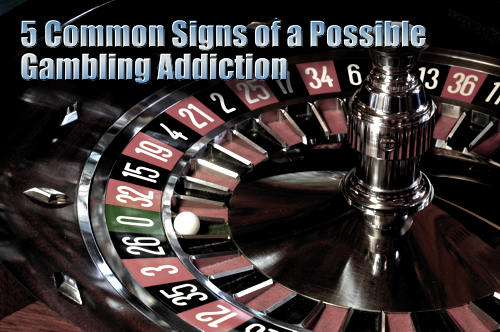

The recategorization of GD was essentially due to the similarities between this clinical condition and substance use disorders.
#5 concepts in pathological gambling manual
GD was reclassified recently into the “Substance-Related and Addictive Disorders” group of theĭiagnostic and Statistical Manual of Mental Disorders, Fifth Edition (DSM-5)ġ, a first for a behavioral addiction. Gambling disorder (GD) is a psychiatric condition featuring recurrent, maladaptive gambling behavior that leads to clinically significant distress. Risk factors and potential future lines of research are addressed.

In this brief overview, we provide a report on the state of pharmacological and psychological treatments for gambling disorder. Cognitive behavioral therapy has become the most common psychological intervention for treating gambling problems, and it is effective in reducing gambling behavior. Patients with GD often present cognitive distortions and specific personality traits, making treatment more difficult. Although the number of randomized controlled trials assessing the effectiveness of pharmacological treatments is limited, some pharmacological treatments, notably opiate antagonists, have been employed in the treatment of GD. GD is characterized by recurrent, maladaptive gambling behavior that results in clinically significant distress. Gambling disorder (GD) has been reclassified recently into the “Substance-Related and Addictive Disorders” category of theĭiagnostic and Statistical Manual of Mental Disorders, Fifth Edition (DSM-5), a landmark occurrence for a behavioral addiction.


 0 kommentar(er)
0 kommentar(er)
